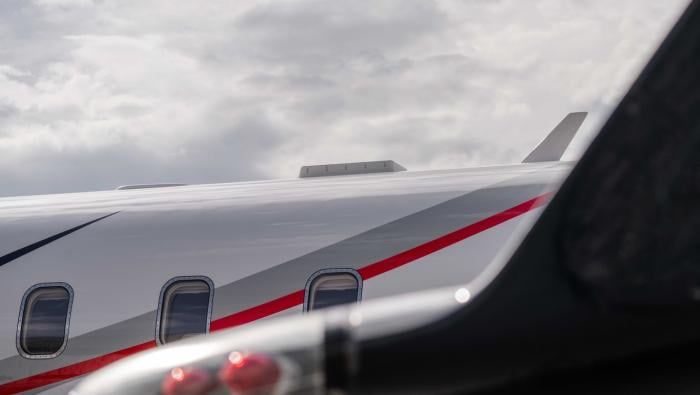College majors and career opportunities don’t always match up. Students have always majored in subjects that have few job prospects. Take philosophy, for example. Every year students major in philosophy, yet I can’t recall ever seeing a help wanted ad for a philosopher. Similarly, for years, students interested in aviation careers majored in programs such as flight operations at respected aviation institutions, even as flying jobs dwindled or their pay became less than a stock boy’s at Wal-Mart. Now, it seems, students are not willing to be the philosophy majors of the aviation industry. They’re saying no career, no major. And that will have a tremendous effect on the future of aviation in the U.S. If we don’t have a steady supply of pilots and mechanics entering the workforce, who will fly or maintain our airplanes in the future?
This all hit home for me when I heard that Daniel Webster College was discontinuing its flight operations degree program. Maybe it’s because the college gave me an honorary doctorate several years ago, or because it’s in my hometown of Boston’s extended backyard, but I was particularly dismayed by this news. Daniel Webster College has provided a fine aviation education for decades; its professional pilot training program was one of the best I had seen. Ending the program after its current students graduate is a loss for students who want a flying career and for the airlines that would have employed them. Clearly the decision to end this program was not made quickly or easily. Student enrollment, I’ve been told, just was not there.
I’ve been hearing for a while from other aviation schools that there just aren’t as many students interested in aviation as a career. But canceling a whole course of study at such a well known aviation institution hit home. I guess I shouldn’t have been surprised. For some time, I’ve noted the steep decline in maintenance school enrollments and the even steeper decline in the number of Part 147 schools. Sometimes pilot trends do follow mechanics.
Here’s clearly a trend that can be blamed on the economy and the state of aviation employment. It is bad enough that the continuing layoffs and threats of layoffs have had such a disruptive effect on the current aviation workforce. But it’s becoming ever clearer that the impact is extending into the training of future generations of pilots and mechanics. And that is worrisome.
Other careers in aviation are at risk, as well. The Administration’s recent decision to kill our space program could have a substantial impact on future aerospace engineering enrollments. If we outsource space exploration to foreign countries while we wait for our own private sector to catch up, what are the chances U.S. students will pursue aerospace science and engineering as a career? The outsourcing of aircraft manufacturing to foreign countries has not helped U.S. aviation employment. Even when sales forces are located in the U.S., it seems that most of the management is imported from abroad.
When I was at St. Louis University several years ago, the trend of declining aviation enrollments was already manifesting itself–even before the economic tsunami of the Great Recession hit. Certainly the price tag of a pilot education was daunting.
Not only were these students and their families paying for their bachelor’s degrees, they were paying nearly that same amount for flight training–essentially doubling their costs. And what jobs awaited them? Certainly no entry-level flying jobs were paying enough to quickly–or ever–recoup their costs.
So, of course, my concern is that when the economy picks up enough to lift aviation out of its deep depression, where will the talent to fly and fix our airplanes come from? The military? Maybe not. Whereas the industry used to be able to count on the military to provide trained airmen and women, the wars in Iraq and Afghanistan have taken care of that supply stream. Desperate to keep these trained aviators fighting, the military is luring many potential new hires away from civilian jobs with substantial bonuses. There’s certainly greater job stability in the military. What worries me is that the industry has always depended on having a pool of qualified graduates. And when it finally needs to draw on fresh recruits, they won’t be there.
When the economy’s green shoots turn into green shoots for aviation (and that day is bound to come), will there continue to be that pool of qualified young employees, eager to make a career of flying or maintaining aircraft? From what I’ve seen, I’m concerned that there won’t be. Airlines may be forced to adopt what many European airlines are doing in the face of their own pilot shortages. There, airlines are recruiting college-educated graduates and training them to fly–from scratch. Most of these recruits have no flying experience at all. And while there are some definite benefits to this approach, the costs to the airlines are significant. Could U.S. airlines pay for this level of training? Or will they be forced to tack on a new passenger surcharge, on top of those popular food and baggage charges, for pilot and mechanic training?







